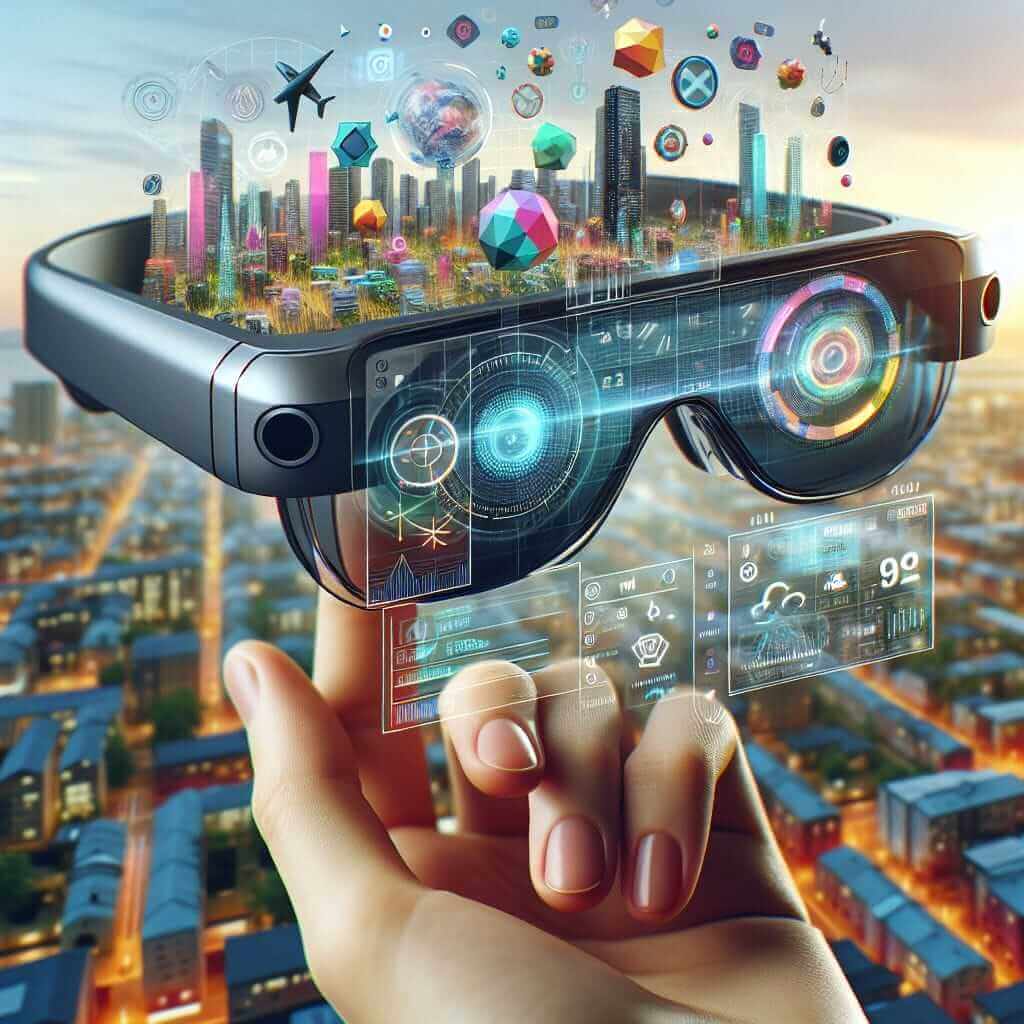The IELTS Speaking test is an essential component of the IELTS exam, designed to assess your speaking abilities across various criteria such as fluency, coherence, lexical resource, grammatical range, and pronunciation. In order to achieve a high band score, it’s important to exhibit a strong command of the English language, convey ideas clearly and effectively, and engage in an intelligible, dynamic discussion with the examiner.
Questions about technology, particularly recent innovations, are common in IELTS Speaking tests. They can appear in any of the three parts of the test. This article aims to help you perfect your answers to these questions, covering parts 1, 2, and 3 of the Speaking test, and includes example questions and ideal responses.
Part 1: Introduction and Interview
Common Questions
- What technology do you use every day?
- Do you think technology has made our lives easier? Why or why not?
- What recent technological advancements have impacted your life?
Sample Question and Answer
Question: What recent technological advancements have impacted your life?
Answer: “One of the recent technological advancements that has significantly impacted my life is the development of smart home devices. These devices, such as smart speakers and smart thermostats, have made managing my household tasks much easier. For example, I can control the temperature, lighting, and even security systems in my home with simple voice commands or through a mobile app. This technology not only adds convenience but also helps me save energy, reducing my monthly bills. I believe that smart home technology will continue to evolve, adding more features and becoming even more integral to our daily lives.”
Part 2: Long Turn
Cue Card
Describe a recent innovation in technology.
You should say:
- What the innovation is
- How it works
- Why it is important
- How it has changed people’s lives
Sample Answer
“The recent innovation in technology that has caught my attention is the development of augmented reality (AR) glasses. These glasses overlay digital information onto the real world, enhancing the user’s perception of their surroundings. The way they work is quite fascinating—AR glasses use sensors to detect the user’s environment and then project relevant images, texts, or icons onto the lenses, which the user can see while still perceiving the real world around them.
This innovation is incredibly important because it has a wide range of applications. For example, in education, AR glasses can provide students with interactive learning experiences by visualizing complex concepts in 3D. In the medical field, surgeons can use them to view vital statistics or procedural steps while operating, improving precision and decreasing operation time.
AR technology has fundamentally changed the way we interact with information. Instead of looking down at our phones or screens, we can access data seamlessly integrated into our world. This hands-free approach not only boosts productivity but also enhances user experience by making technology more intuitive and accessible.”
Follow-Up Questions
-
How do you see this technology evolving in the future?
- Answer: “I believe that AR technology will become more compact and affordable, making it accessible to a broader audience. In the future, we might see AR glasses becoming as common as smartphones, used for everyday tasks such as navigation, shopping, and social networking.”
-
What are some potential drawbacks of this innovation?
- Answer: “One potential drawback could be privacy concerns. Since AR glasses can record and display a lot of information about one’s surroundings, there might be issues related to data security and unauthorized data collection.”
Part 3: Two-way Discussion
Examiner’s Questions and Suggested Responses
-
How do you think recent innovations in technology will shape the future workforce?
- Answer: “Recent innovations in technology, such as artificial intelligence and automation, are likely to reshape the future workforce significantly. Many repetitive and mundane tasks will be automated, leading to a shift in the types of skills that are in demand. People will need to focus more on jobs that require critical thinking, creativity, and emotional intelligence. Additionally, continuous learning and adaptability will become crucial as technology continues to evolve.”
-
In your opinion, what are the societal implications of relying heavily on new technologies?
- Answer: “Relying heavily on new technologies can have both positive and negative societal implications. On the positive side, it can lead to increased efficiency, better healthcare, and improved quality of life. On the negative side, there could be issues such as increased digital divide, where only those with access to advanced technology benefit, and potential job displacement due to automation. It’s essential for governments and organizations to address these challenges by implementing inclusive policies and providing opportunities for everyone to upskill and reskill.”

Vocabulary and Structures for High Scores
Key Vocabulary
-
Innovation (noun) /ˌɪn.əˈveɪ.ʃən/
- Example: The latest innovation in smartphone technology includes foldable screens.
-
Augmented Reality (noun) /ɔːɡˈmentɪd rɪˈælɪti/
- Example: Augmented reality is used in various fields, including gaming and navigation.
-
Automation (noun) /ˌɔː.təˈmeɪ.ʃən/
- Example: Automation has transformed the manufacturing industry by increasing efficiency.
Useful Phrases
- Significantly impacted: “One of the recent technological advancements that has significantly impacted my life…”
- Overlay digital information: “These glasses overlay digital information onto the real world…”
- Wide range of applications: “This innovation is incredibly important because it has a wide range of applications…”
- Potential drawback: “One potential drawback could be privacy concerns…”
Advice for High Scores
- Practice Regularly: Consistent practice helps improve fluency and coherence.
- Expand Your Vocabulary: Learn and use a wide range of vocabulary related to technology.
- Be Clear and Coherent: Articulate your ideas clearly and logically.
- Engage with the Examiner: Interact naturally with the examiner, showing confidence and enthusiasm.
- Use Real-Life Examples: Support your answers with relevant examples to make your responses more convincing and relatable.
By diligently preparing and focusing on these strategies, you can enhance your performance in the IELTS Speaking test and aim for a high band score. Happy practicing!